Fasting has been a norm for humans for centuries. Throughout history, people did not eat 3 meals a day at set hours, plus snacks in between. Today, our eating habits are very different. We no longer have a need to hunt for food, it is readily available and we can pretty much eat any time we like. More recently, intermittent fasting has become a popular topic in health and wellness conversations (especially in the keto realm), and has shown to have many benefits.
What Is Intermittent Fasting
Intermittent fasting is where you cycle in and out of periods of eating and not eating.
Although people do experience weight loss with intermittent fasting, it is not so much a diet plan but more of a lifestyle choice to take advantage of some incredible health benefits, some of which are listed in the section below.
Types of Intermittent Fasting
- 5:2 – eat normally five days a week, and then the other two days you are fasting, although you do still eat between 500 and 600 calories per day.
- Eat-stop-eat – You restrict all food for 24 hours, once or twice a week.
- 16/8 (most popular) – You eat all of your daily meals within typically 8 hours, and then you fast for the remaining 16 hours. You can do this every day, or just a few times a week. It can be any 8 hours you choose – a typical schedule could be 11am-7pm, or 12pm-8pm.
- Keto Coffee Intermittent Fasting – resembles the 16/8 method, but with one difference: you drink a cup of keto coffee. (coffee link for Canada)
- in the morning. It’s a clever hack to keep your hunger at bay while still staying in the fasting state.
5 Benefits of Intermittent Fasting
- Helps with Weight Loss and Reduce Belly Fat
- When you are in the fasting state for an extended period of time, your body goes into a ketogenic fat burning state, where it burns your body’s fat for fuel instead of the food you would otherwise eat.
- Reduces Inflammation
- Inflammation is at the root of many health conditions like rheumatoid arthritis, heart disease, and Alzheimer’s disease. Fasting for prolonged periods, coupled with drinking lots of water and proper hydration, can help eliminate inflammation in the body.
- Boosts Brain Function
- What is good for the body is often good for the brain as well. Intermittent fasting improves various metabolic features known to be important for brain health.
IF may improve mental acuity and concentration. According to Johns Hopkins Health Review, IF can improve connections in the brain’s hippocampus and also protect against amyloid plaques, which are found in patients with Alzheimer’s disease.
- What is good for the body is often good for the brain as well. Intermittent fasting improves various metabolic features known to be important for brain health.
- Reduces Insulin Resistance and the Risk of Type 2 Diabetes
- Case studies have shown that intermittent fasting has helped people with type 2 diabetes to limit their insulin intake, dramatically lower insulin levels and significantly improve insulin sensitivity, as well as significantly lower blood pressure.
- Simplifies Life and Saves Money
- When you eliminate the number of meals you eat in a day or week, you will find that meal prep becomes much easier, YAY! During eating windows, you can simply eat your regular food and then drink water, tea, coffee, or bone broth while fasting. Easy, right?! This saves you both time and money on food.
How to Survive Your Fasting Hours
There are a few tips and tricks I can give you to survive your intermittent fasting hours. I have learned these over time, as I went, because my stomach normally wakes up before my brain does and I normally need to eat as soon as I wake up.
These tips will help you ease into intermittent fasting, if you are just getting started:
 You can drink tea and COFFEE!! Just make sure you are drinking either black coffee or keto/bulletproof coffee. (Are you in Canada? click here.)
You can drink tea and COFFEE!! Just make sure you are drinking either black coffee or keto/bulletproof coffee. (Are you in Canada? click here.)- Drink LOTS of water. This will help you feel full and will help keep your hunger at bay. You can add a tablespoon of apple cider vinegar to it as well.
- You can drink bone broth. It contains numerous minerals and vitamins and is quite ‘filling’ in terms of reducing hunger pangs. The other benefit is that you can add a good amount of sea salt to it, which will help you stay hydrated.
- Hunger will often increase into the second day. After that, it gradually decreases – many report a complete loss of hunger by day 3-4.
- Stay busy to keep your mind off of being hungry and the countdown to your eating window.
- IMPORTANT: Don’t binge after fasting! This will only counter the benefits and will make the next day more difficult.

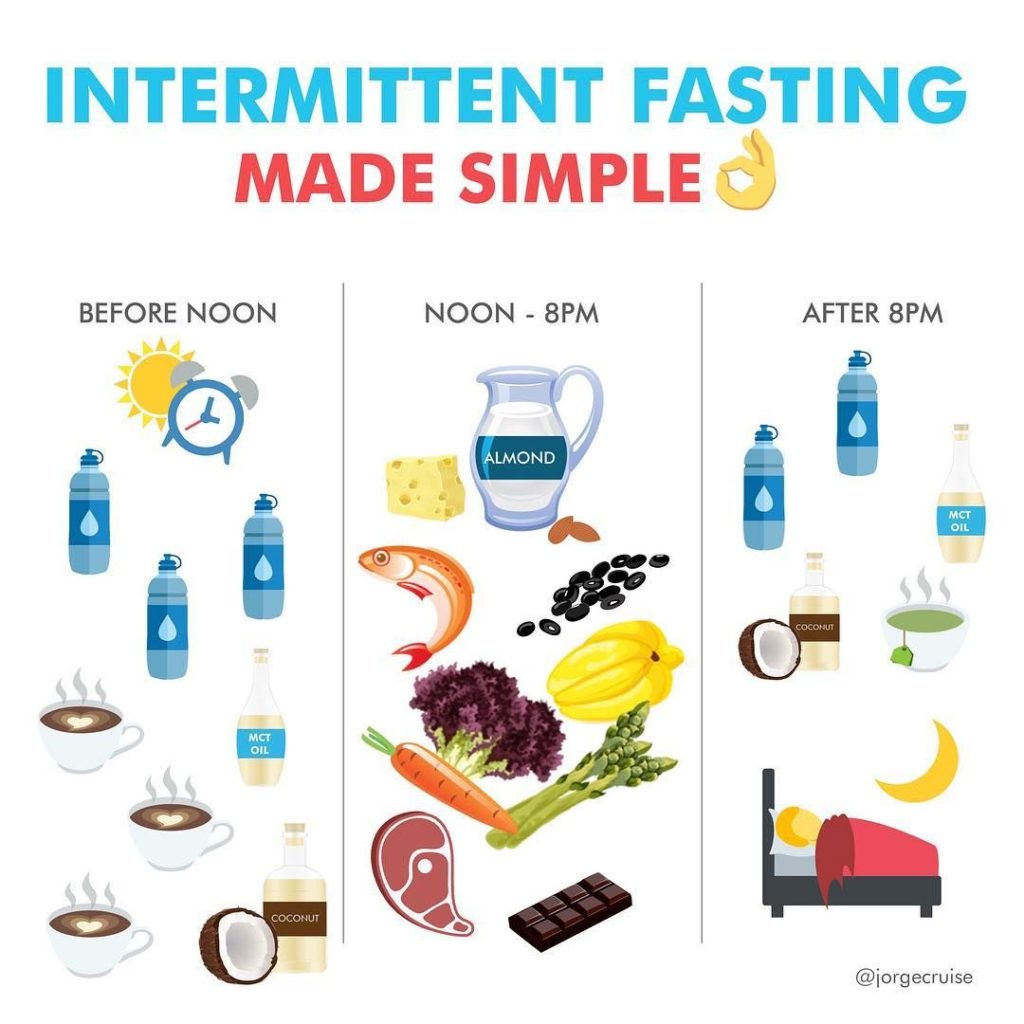


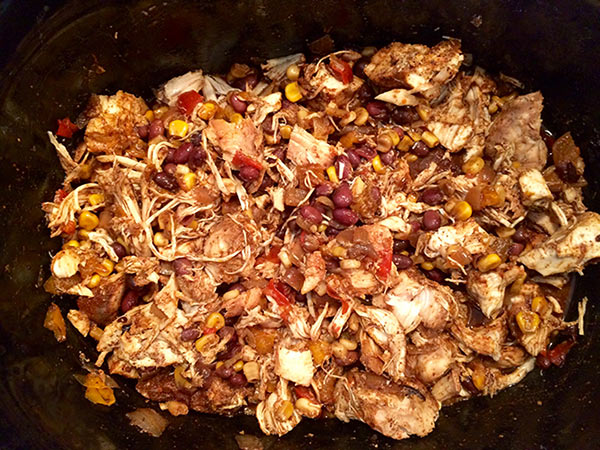

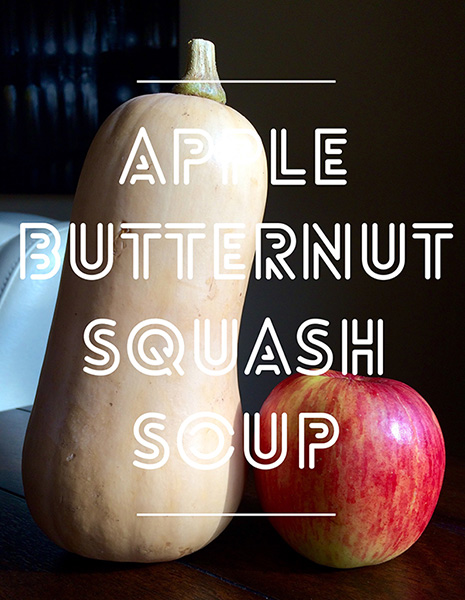

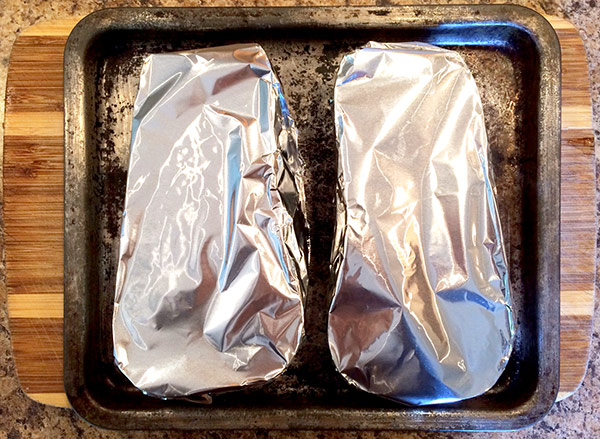
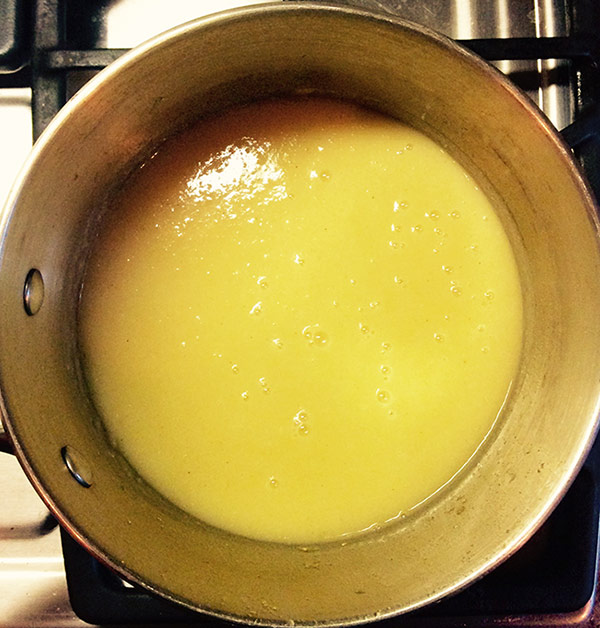
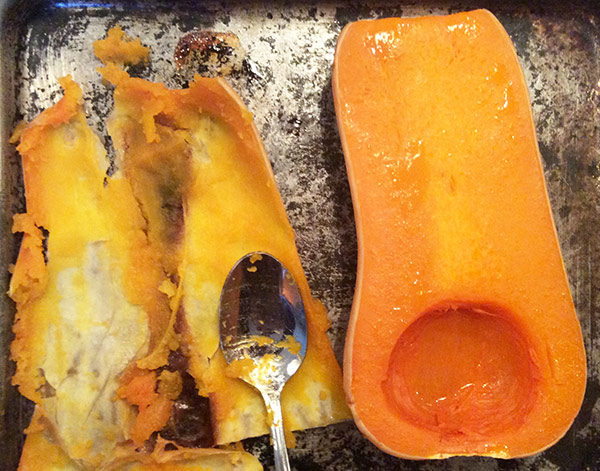
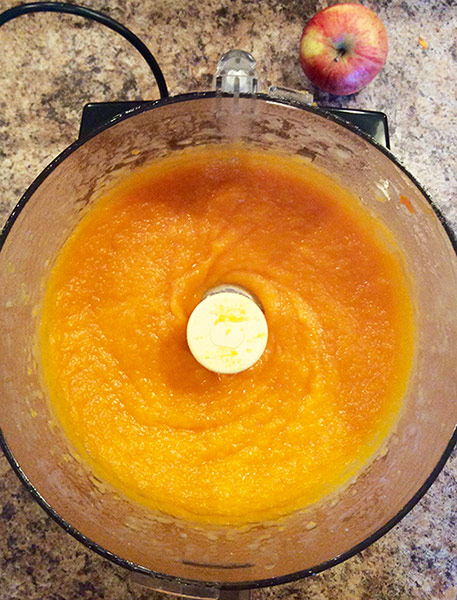
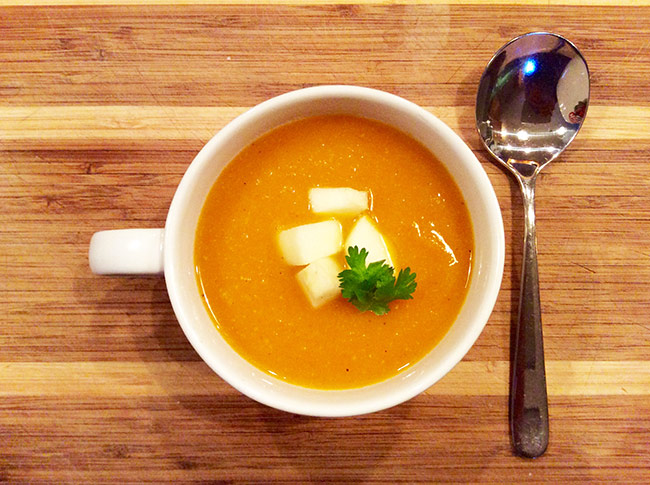
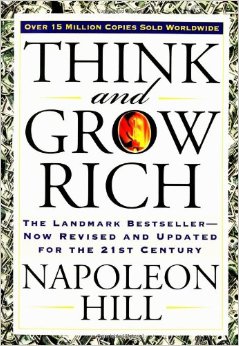
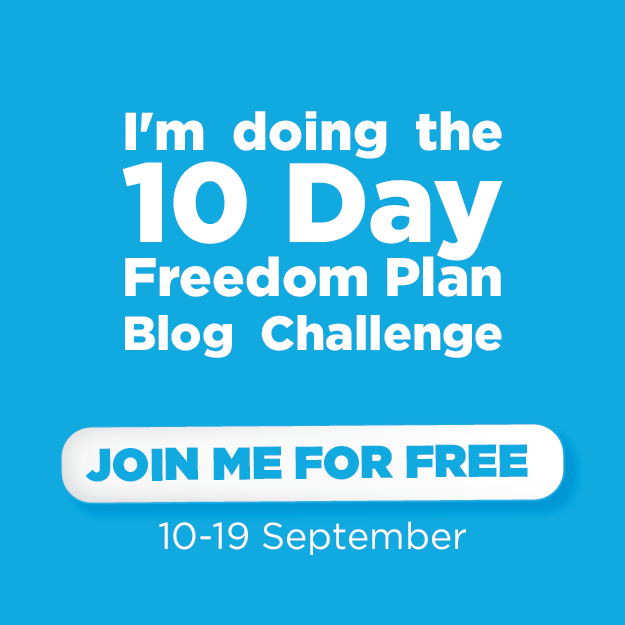
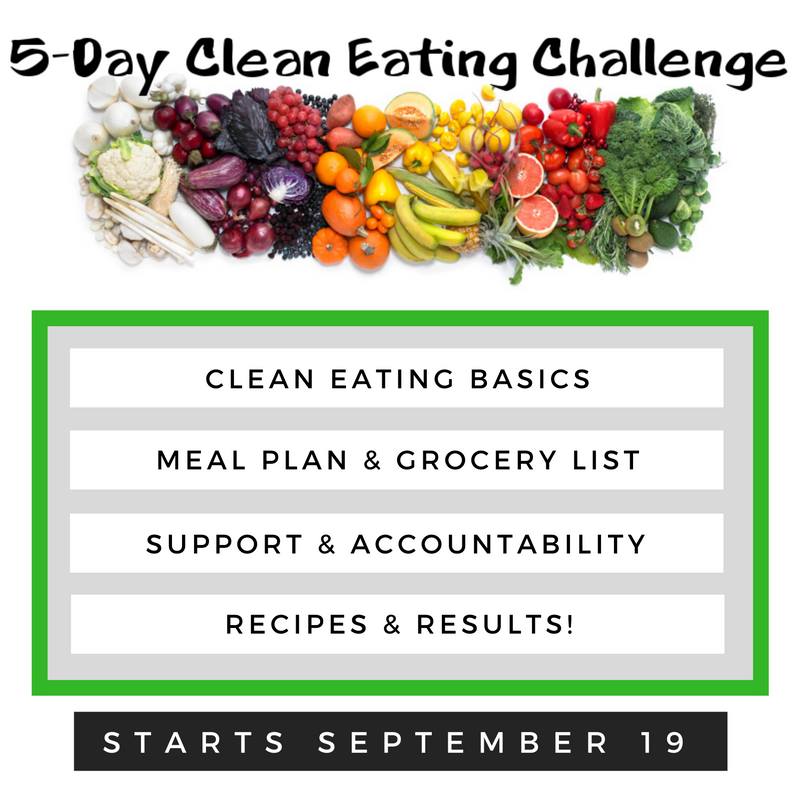

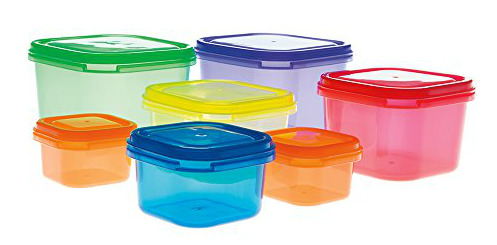
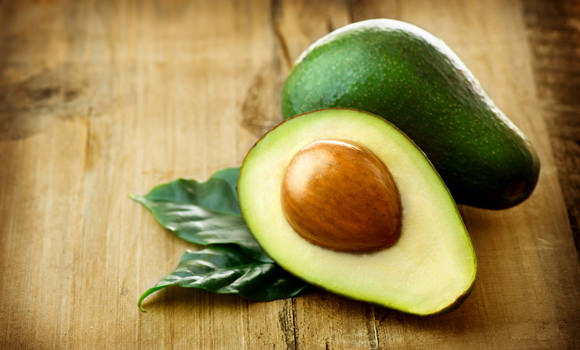
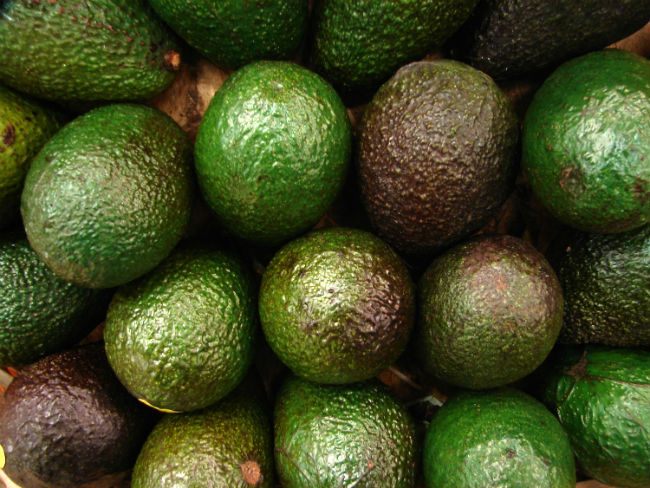
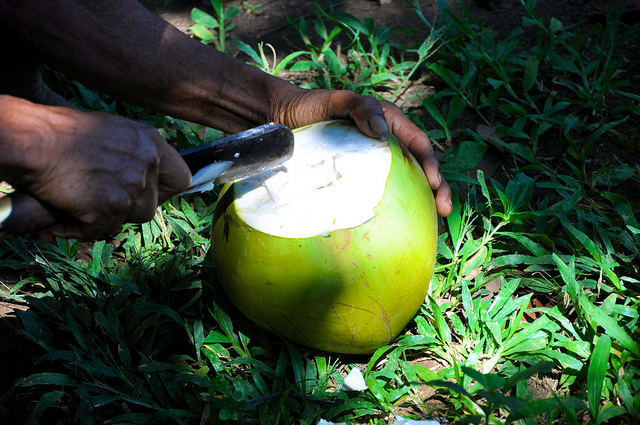


 Massage Your Hand – Massage the meaty part of your hand between the thumb and forefinger. There are pressure points in this area that have been linked to headaches and headache relief. Massage with medium to hard pressure for several minutes and then switch hands.
Massage Your Hand – Massage the meaty part of your hand between the thumb and forefinger. There are pressure points in this area that have been linked to headaches and headache relief. Massage with medium to hard pressure for several minutes and then switch hands. Tiger Balm – Rub Tiger Balm on your temples and along your hairline. The cooling properties will help relax the muscles in your head and neck. Tiger Balm is magic! (I never travel without it.) An alternative with similar benefits is peppermint oil.
Tiger Balm – Rub Tiger Balm on your temples and along your hairline. The cooling properties will help relax the muscles in your head and neck. Tiger Balm is magic! (I never travel without it.) An alternative with similar benefits is peppermint oil.